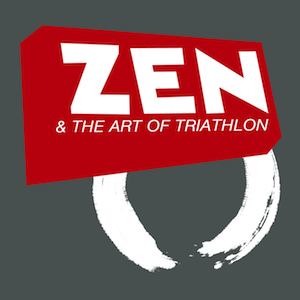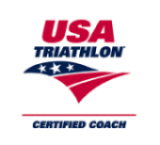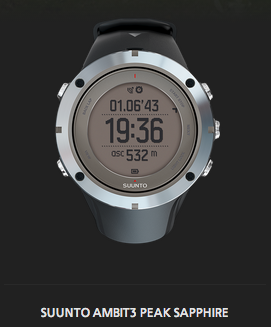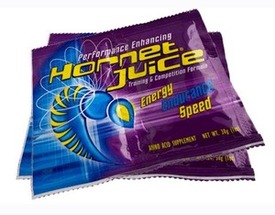I've been swimming on a variety of teams and for different types of racing for 27 years. If you've got a workout or a race type, I've probably seen it. Swimming laps may all seem the same but it's not. There's subtle differences in training that make huge differences in how you perform in different types of racing. What makes you fast in a 50 yard pool sprint won't make you as fast when doing 2.4 miles in the open water. You'll notice that Olympic track sprinters are built and train a lot different than marathoners.
The tips below, when combined into a single workout, put together everything you need to be 99% trained for triathlon swims (the other 1% you can get by playing rugby):
- The first thing to remember is that most people waste a lot of time when at the pool. They chat with each other (while not swimming), fiddle with gear (while not swimming), and watch others swim (while not swimming). Even in classic swim team practice, the team can spend a lot of time standing there while the coach talks about non-swimming stuff. When you get in the water, swim already.
- Drills and all the other stuff can be a huge time-suck. Unless the drills are as hard or harder than actually swimming, you're wasting time. You're in the pool for exercise, not basket weaving.
- Spend the first 10 minutes warming up. You're probably not 12 years old anymore, so you'll wrench your shoulder by just hopping in and sprinting. Just swim easy at first and enjoy yourself.
- Use the Timer function on a decent watch to swim 100s on an interval, and do a sh*tload of them. This simulates the longer distances of triathlon races. I set my watch to beep every 1:30 or so (depends on the day) and leave the wall for another 100 yards every time it beeps. This teaches pacing and endurance. The better you get, the more of them you can do. Most people do between 10 and 20 100s on an interval.
- When you get good at your interval, subtract some time off of it. At some point, the interval will be easy. Make a mental note to subtract a second or two off of it for next practice. This is called "getting faster".
- Cool down with 10 minutes of "lifeguard stroke". This is swimming freestyle with your head above water, facing forwards. This stroke will not only improve your ability for sighting buoys and the finish when open water swimming, it will hugely improve your power.
- Get some music. I use a SwiMP3 from www.trinowfitness.com. It makes swimming long distances in practice fly by.
I was swimming just this morning. I went to the pool, hopped in, swam easy for 10 minutes to get warmed up, all while listening to the White Stripes and The Police. Then I set my watch for 20 sets of 100s on a 1:25. I left the wall every time it beeped and sang to myself the whole time. Once I did 20, I swam another 10 minutes of lifeguard stroke and then hopped out. Done. Simple. Do this enough and you're not only in decent swim shape, but you'll know how to swim long distances at an even pace and can pop your head up at any time to see where you are with no trouble.
You'll notice that the strategies above are adjustable to your own speed. Swim slower than 1:30? Fine. Set your interval slower. Want to do more/less than 20 intervals? Fine. The only hard and fast rules are 10 minutes of warmup and you should do some lifeguard stroke. The cool down is a great time to do it.
Of course, all the above assumes you don't have some horrifyingly wrong swim stroke. Have a fast swimmer watch you and tell you if you're doing it right or not. If you're not, fix it. Bad swim technique is probably 10 times as bad as a bad bike fit, because you're having to push all that mess through a dense liquid instead of just air.
Next installment, we'll talk about the bike. This is the most overly-complicated part of tri training, so that'll be fun.
 Monday, September 28, 2009 at 9:14PM
Monday, September 28, 2009 at 9:14PM  ZenTri |
ZenTri |  Post a Comment |
Post a Comment | 













